
Gastroenterology
Advertisement
CMV colitis complicates IBD flares, making diagnosis and treatment difficult; timely detection is key to better outcomes.
Universal hepatitis C screening in EDs detects 34% more cases than risk-based testing but follow-up care remains low.
A new lifestyle-based GERD Risk Scoring System shows high accuracy in identifying at-risk individuals for early intervention.
New research shows stem cell-derived apoptotic vesicles may ease IBS by restoring brain-gut balance via the 5-HT pathway.
Rising colorectal cancer rates in young adults highlight the urgent need for precise screening and polyp management.
Social media offers key insights into IBS lived experiences, highlighting patient needs, support, and care gaps.
A recent study from Bangladesh highlights FIT as a cost-effective, noninvasive tool for early colorectal cancer screening.
Targeting fibroblast ACSL4 may offer a more effective, precise therapy for IBD by blocking ferroptosis in epithelial cells.
Genetic targets of iron supplements may raise IBD risk—highlighting need for caution in treatment strategies.
New study finds medicinal leeches unlikely to spread hepatitis B—even after feeding on infected blood.
Extended mesenteric resection shows no clear benefit over conventional surgery in preventing Crohn’s recurrence.
New study shows HBV may self-limit under immune pressure—offering hope for a future cure through targeted immune therapies.
HBV doesn’t directly cause liver cancer—but it primes the liver. Statins may help block cancer-triggering immune signals.
A four-strain probiotic is safe and shows symptom relief trend in patients with IBD/IBS overlap, study shows.
Steroids and comorbidities—not IBD itself—drive pneumonia risk in IBD, study finds.
Wearables detect sleep changes tied to IBD inflammation—offering a new tool for real-time disease monitoring.
Patient-reported outcomes were positive across many measures, including symptoms, arthralgia, and quality of life.
IBD affects 1 in 150 in Canterbury, with cases more than doubling since 2005, study finds.
The low-FODMAP diet demonstrated superior reduction in IBS-SSS, but the Mediterranean diet also provided relief.
SPHK2 and SPNS2 may serve as biomarkers for UC, offering new insights into diagnosis and inflammation control.
Advertisement

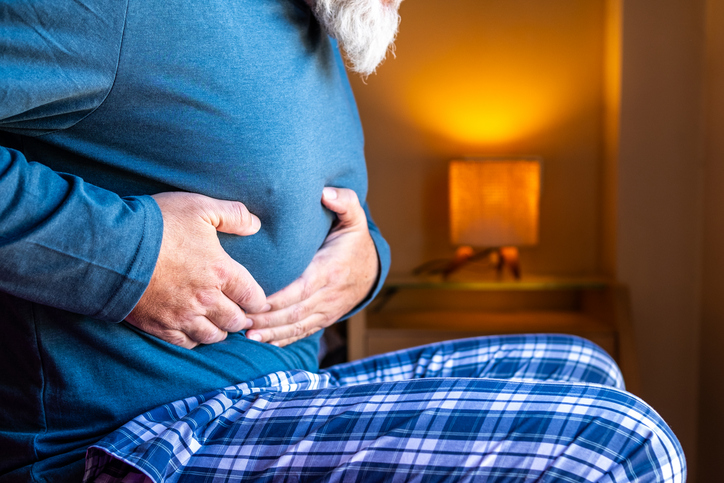



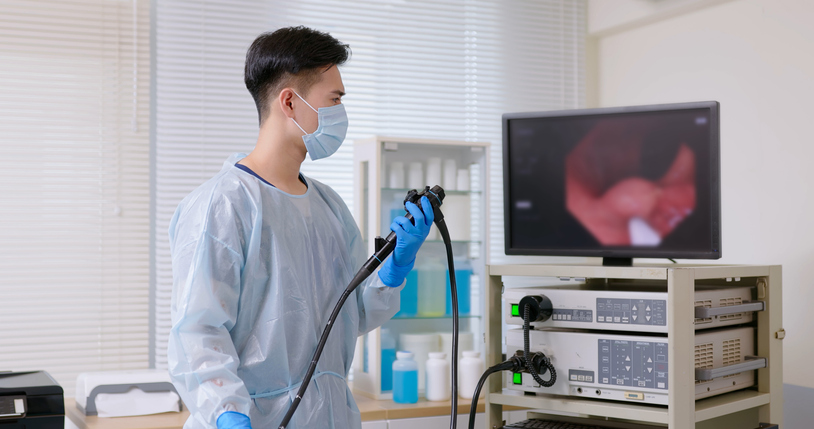

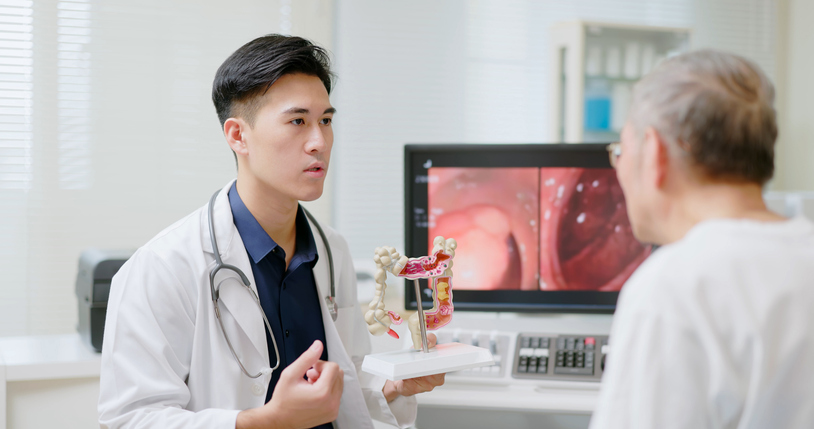
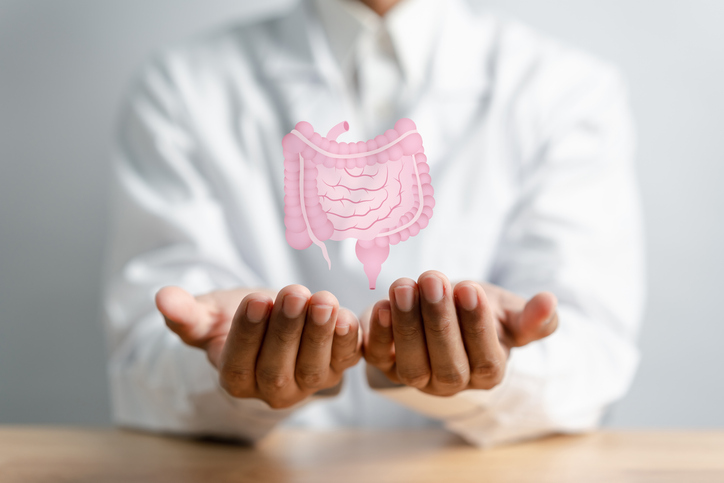


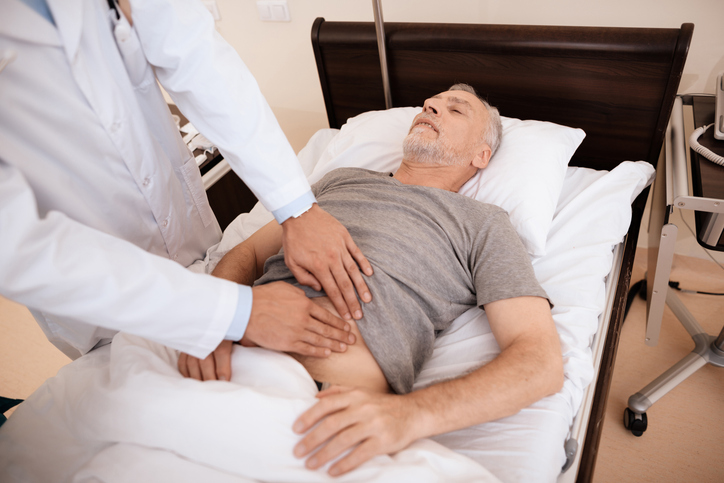
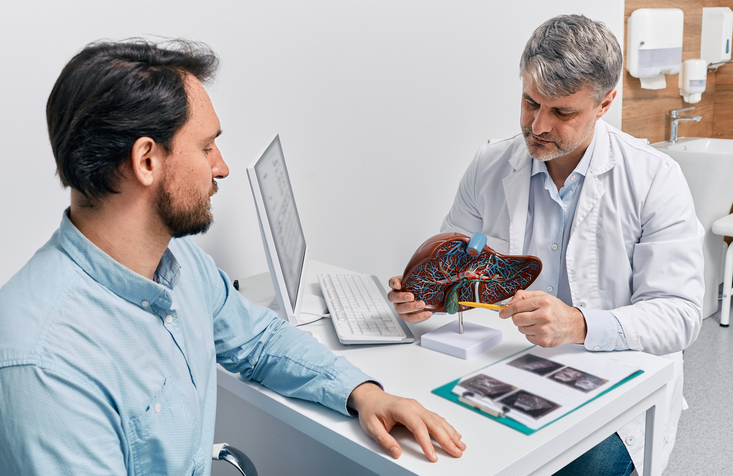
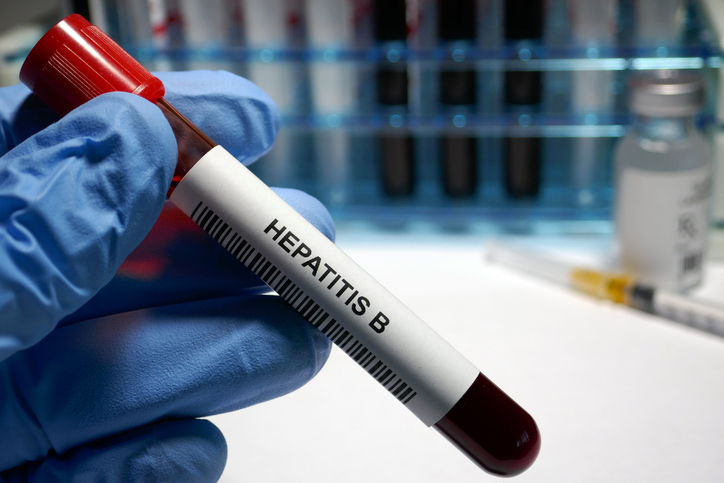
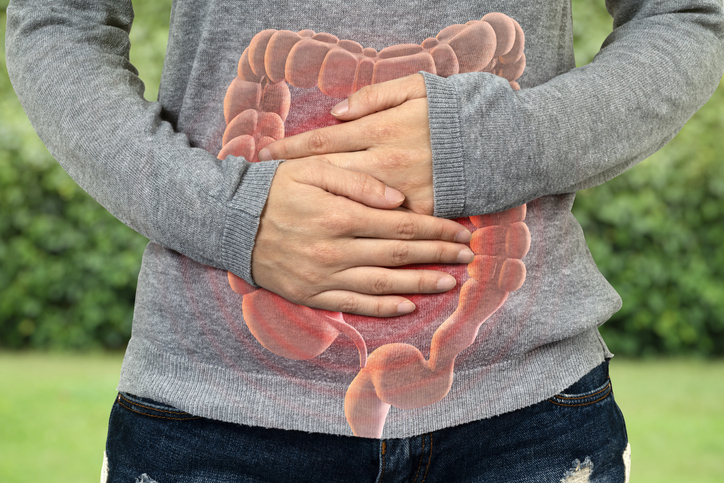


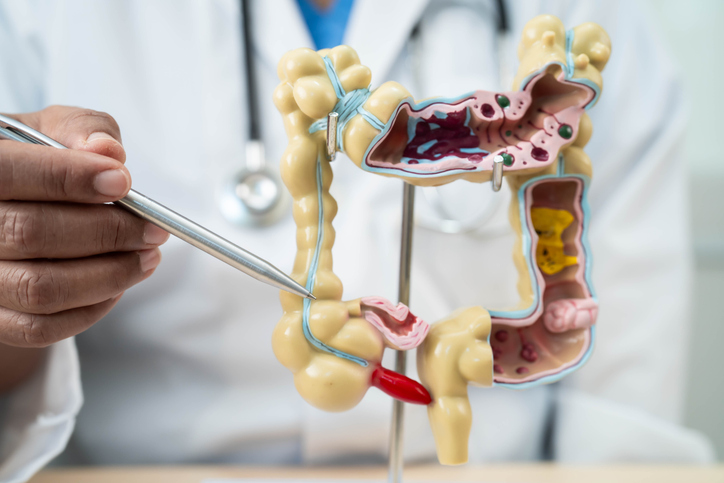


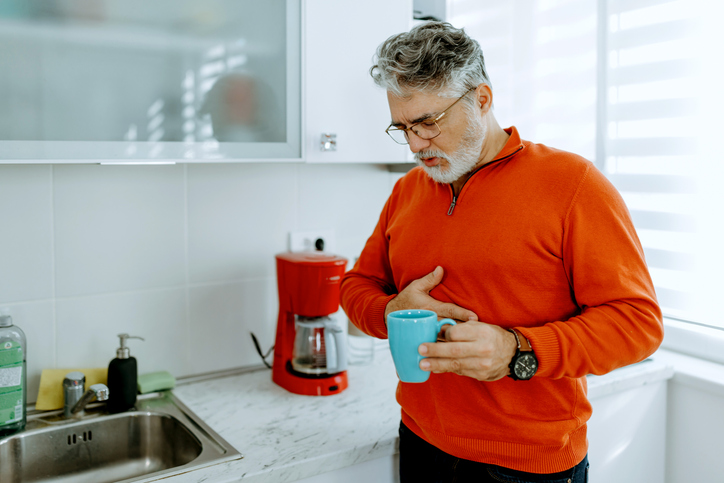

 © 2025 Mashup Media, LLC, a Formedics Property. All Rights Reserved.
© 2025 Mashup Media, LLC, a Formedics Property. All Rights Reserved.